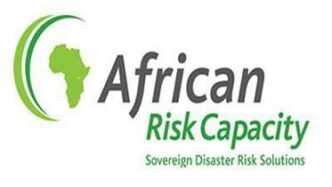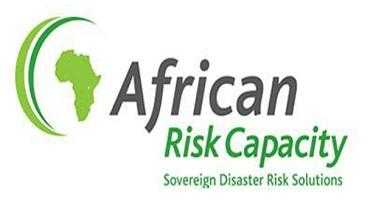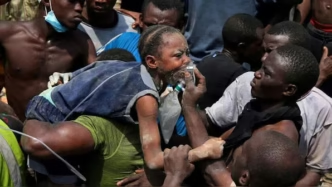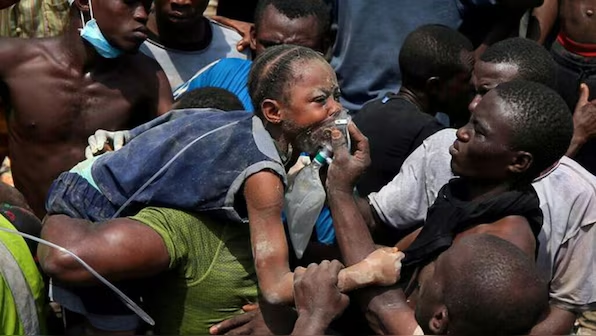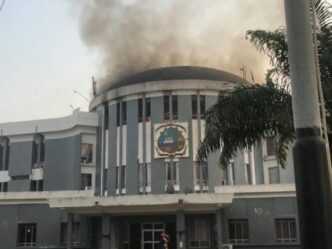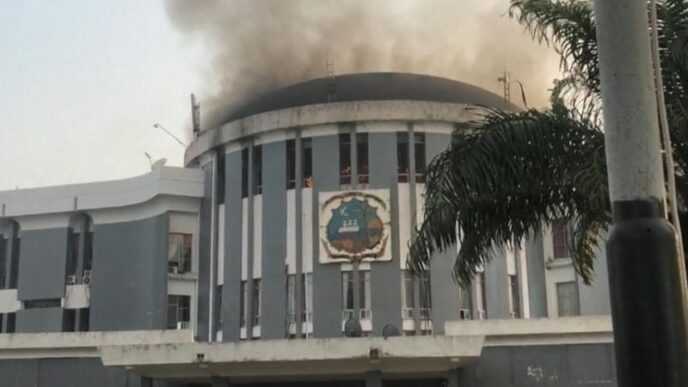Africa faces growing climate challenges that threaten its economic stability and social progress.
With over 95% of the continent’s food production relying on rain-fed agriculture, climate-induced disasters like droughts and floods devastate livelihoods, infrastructure, and food security.
To combat these challenges, Norway has allocated NOK 50 million (approximately $4.5 million) to the African Risk Capacity Limited (ARC Ltd.) for its Supporting Adaptation Capacity Through Increased Parametric Insurance Penetration in Africa (SACPIP-Africa) initiative.
The partnership, formalized during COP29 on November 13, 2024, at the CARICOM Pavilion, aims to address Africa’s unique vulnerability to climate-related disasters while aligning with global goals like SDG 13 (Climate Action).
How SACPIP-Africa Advances Climate Resilience
SACPIP-Africa equips African nations with tools and financial support to manage climate risks effectively. This program leverages parametric insurance, which ensures swift payouts based on measurable triggers like rainfall levels, enabling countries to respond to disasters promptly. Unlike traditional insurance models, this approach provides funds within 10 days, minimizing delays in disaster response.
“The SACPIP-Africa initiative reflects a deep commitment to building a resilient and self-reliant Africa,” stated Lesley Ndlovu, CEO of ARC Ltd. “By leveraging innovative tools like parametric insurance, this program protects livelihoods and ensures sustainable development amidst climate challenges.”
To ensure transparency and effectiveness, ARC Ltd. employs robust monitoring mechanisms, including semi-annual reviews and stakeholder reporting. These measures ensure that donor funds deliver maximum impact.
Expanding Economic and Social Resilience
The SACPIP-Africa initiative will cover ten African nations over the next four years, including Cameroon, Kenya, Mozambique, and Zambia. The program focuses on building institutional frameworks, developing risk profiles, and training local leaders and officials.
These efforts will provide $134 million in additional insurance coverage, benefiting 13.4 million vulnerable Africans within three years.
Gender inclusion remains a critical element. ARC actively promotes women’s participation in disaster risk management and provides gender-sensitivity training to government departments. “We encourage more women to join working groups and ensure their voices are part of contingency planning,” noted Ndlovu.
Norway’s Commitment to Africa’s Climate Adaptation
Norway’s Minister of International Development, Anne Beathe Tvinnereim, emphasized the urgency of addressing Africa’s climate vulnerabilities:
“Climate change is devastating communities across Africa, as seen with the recent droughts in Sub-Saharan Africa. Partnering with ARC Ltd. allows more African nations and smallholder farmers to access insurance against drought, floods, and cyclones. This ensures livelihoods, particularly for women and children, are protected.”
By focusing on scalability, ARC Ltd. aims to expand its reach from 17 insured countries to a majority of African Union member states by 2025. This vision projects to provide coverage to over 150 million vulnerable Africans annually, stabilizing markets, safeguarding agriculture, and reducing recovery costs post-disaster.
A Path Toward Sustainable Development
The SACPIP-Africa initiative exemplifies the transformative potential of international collaboration in addressing Africa’s climate challenges. With Norway’s financial support and ARC Ltd.’s innovative approach, African nations can strengthen their resilience against climate-induced disasters, ensuring long-term sustainability and stability.
As global climate risks intensify, how can international partnerships like this one shape a more resilient future for vulnerable regions?
Read More:
